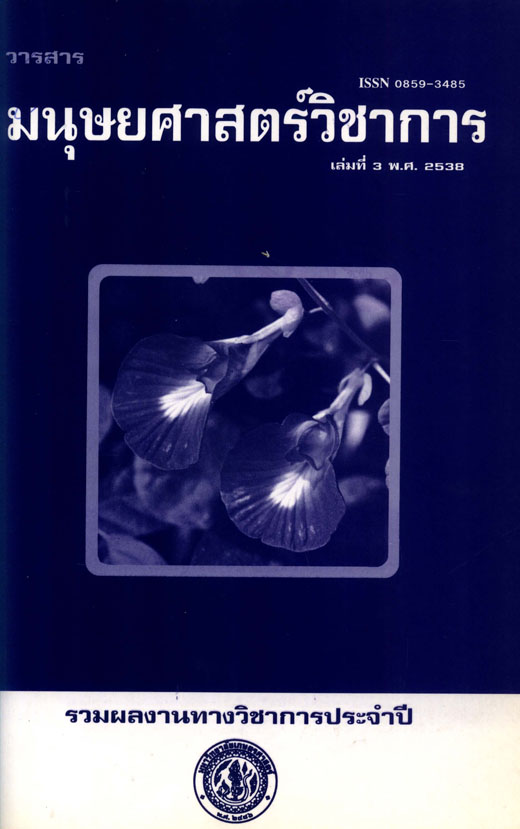The Politics of development : The Languages of Industrialization
Main Article Content
Abstract
The Politics of Development : The Languages of Development
Early global theories divided the nations of the world into three basic categories : central, semiperipheral and peripheral. In later times, this classification was changed to the developed nations, those developing and the Third World. Then came the North-South division. Despite the terminology, these concepts gave the impression that the processes of development and industrialization could reach a finish-line, which once part, a nation was said to be “developed”. In practical terms, many nations of Southeast Asia embarked upon ambitious programmes of industrailization seeking the material benefits of the Northern countries. Yet the North’s perception of what is a developed nation, as opposed to a modernized one, has subtly changed over the last two decades. These days, the concept of sustainable development has become a paramount philosophy behind many Western countries development programmes. Yet this idea is still in its infancy in southeast Asia, especially in those cultures which place high value on material goods. Just how to change a nation’s policy makers, let alone the population at a grass roots level, to avoid the pitfalls the North suffered is a difficult task which harkens back to very foundations of social and culturural values.Article Details
Section
Academic Articles


